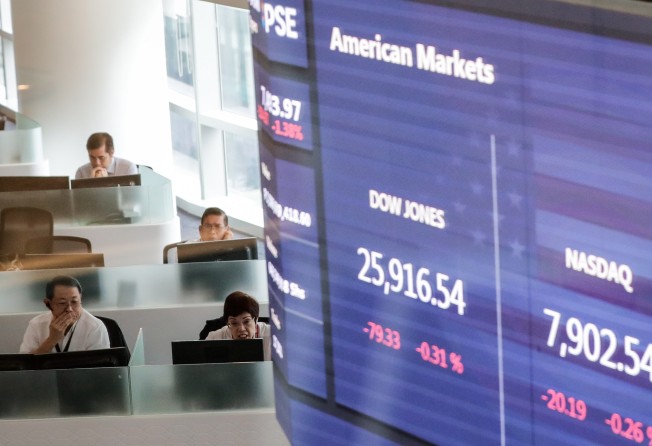
Philippines security token exchange readies for trading in Hong Kong

Inbase Partners, a Taiwan-based adviser for companies issuing digital tokens, said its licensed security token exchange CEZEX in the Philippines will start offering trading services in Hong Kong in the first quarter of 2019, vying to become the first exchange that offers regulated security token trading.
Security tokens are subject to various securities laws among different jurisdictions when it comes to issuing and dealing.
Inbase Partners managing partner Carlos Salas said CEZEX is regulated and licensed by the Cagayan Economic Zone Authority (CEZA), which manages the special economic zone located northeast of Luzon, Philippines.
In partnership with a licensed broker dealer in Hong Kong, CEZEX will offer a regulated, compliant digital token trading service, according to Salas.
“We have taken the existing financial system and digitalised it. CEZEX is not much different from a traditional exchange. But instead of trading securities, we trade asset-backed security tokens,” said Salas.
A security token derives its value from an external, tradeable assets. Some regulators will deem a digital token a security token if it confers to their holders the right to receive dividends. A utility token usually gives its holder only a right to use the issuer’s product or service.
Security tokens are subject to various securities laws among different jurisdictions when it comes to issuing and dealing.

Salas said that a security token exchange is better for easing the transfer of the underlying assets’ value to investors, and at lower cost. CEZEX has plans to tokenise gold and real estate next year using blockchain.
While the listing approval process might take at least six months to come through at traditional exchanges, Salas said this will shorten to “two to three months” at CEZEX.
By using the blockchain smart contract, many illiquid assets, such as artwork, can now be tokenised, breaking the asset down into smaller tradeable units and in turn enhancing their liquidity.
A key function of fractional ownership is to make assets more marketable by lowering the per unit cost for investors.
CEZEX will work with three listing sponsors approved by CEZA, including Inbase Partners, to help projects to list on its exchange.
Apart from newly minted tokens, it will also work with brokers to tokenise stocks and derivatives, as well as other securities such as bonds.
“We are creating a broadly based broker dealer network under our exchange. While other broker dealers specialise in only one asset class, our broker specialises in dealing in tokens, which represent a wide array of asset classes,” said Salas.
He added that this would enable a security token exchange to have better liquidity than a traditional exchange.
Philippine regulators have not approved the platform for local trading by Filipino nationals.
The Securities and Futures Commission (SFC) in Hong Kong said it has noticed a growing trend of intermediaries introducing changes to their business activities to provide trading services involving cryptocurrency assets. Under current statutes, intermediaries are required to notify the SFC of any significant changes in business nature, and the types of service they provide.
“The SFC views these activities as significant changes which trigger the notification requirement,” the regulator said.